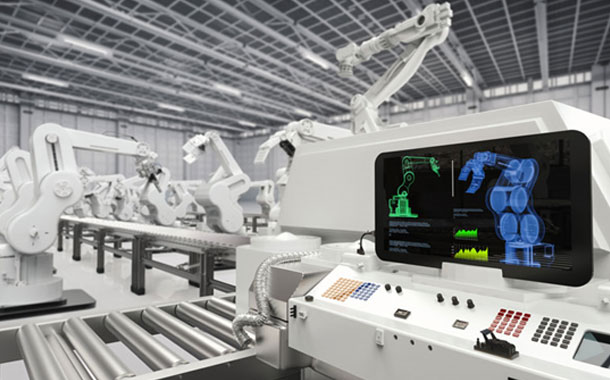To capitalize on the opportunity, manufacturers will need to balance their efforts between legacy products and new services business models
A new report by Capgemini’s Digital Transformation Institute reveals that the global manufacturing industry could expect to see between $519-$685 billion in value-added revenue by 2020 through the development and sale of smart, connected devices. The report, “Digital Engineering: The new growth engine for discrete manufacturers” highlights that while the potential returns are significant, manufacturers need to invest in digital continuity and digital capabilities to benefit.
Manufacturers estimate that close to 50% of their products will be smart and connected by 2020, a 32 percentage point increase from 2014. In fact, 18% say that they plan to stop manufacturing products altogether and move to a pure service-based business model. A move in this direction will make the shift to a service-based model a business imperative and will require enhanced capabilities.
“We want to bring value to the market by shifting our business model toward service-based and cloud-connected architectures. It is a key way to differentiate our value proposition in the market of pure hardware players,” says Antoine Destribats, Vice President – Industrial Operations at Schneider Electric.
Manufacturers have responded enthusiastically to new technologies and are already rebalancing their IT investments accordingly. Around 50% of manufacturers aim to spend more than 100 million euros in Product Lifecycle Management (PLM) platforms and digital solutions in the next two years, while the proportion of IT budget earmarked for maintaining legacy systems has dropped significantly, from 76% in 2014 to 55% in 2017.
While digital investment has increased substantially since 2014, few manufacturers have been able to scale their efforts. Two thirds (66%) acknowledge that they constantly face two competing priorities: accelerating time-to-market by maintaining continuous product innovation and development of legacy products versus investing in smart, connected products.
Jean-Pierre Petit, Head of Digital Manufacturing at Capgemini said, “With the significant potential gains of smart, connected products and digital continuity predicted in the next two years, the requirement to invest in new technologies is too large for manufacturers to ignore. However, the road to getting there is a challenging one. Manufacturers must balance the priorities between sustaining their core businesses while investing in digital acceleration. They must make investments in digital skills, ecosystems, tools, roadmaps and new ways of working. It will be a lot of work, but for those that get it right there is a sustainable leadership to gain.”




